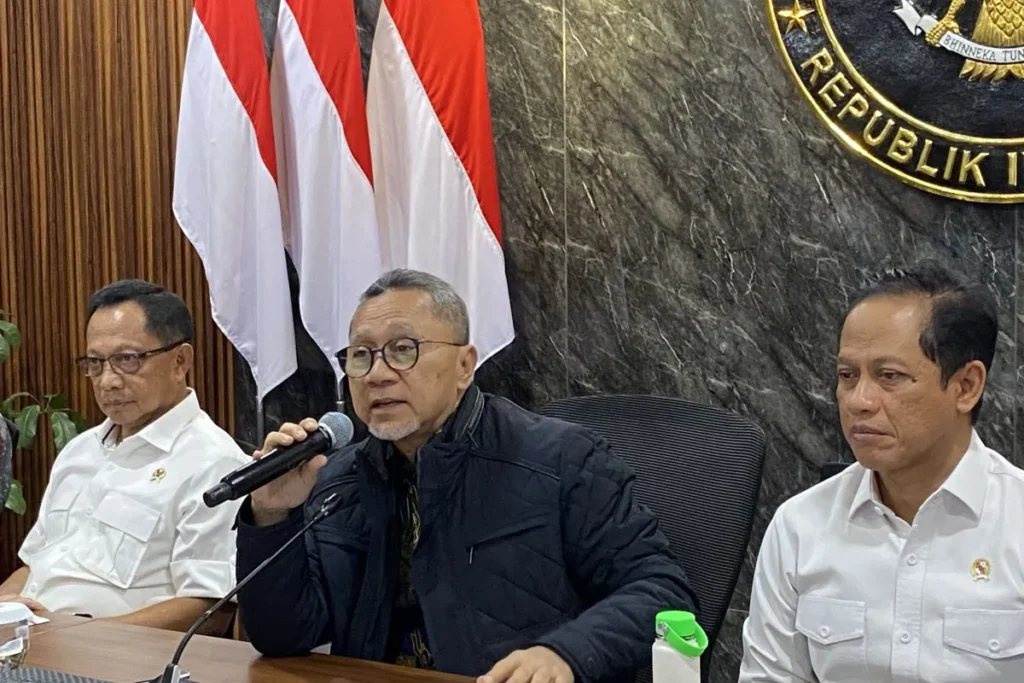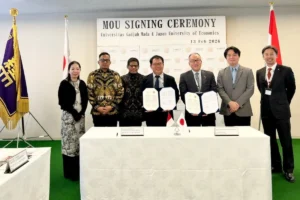Indonesia Identifies 10 Priority Regions for Waste-to-Energy Development

Jakarta, The Gulf Observer: The Indonesian government has designated 10 regions as top priorities in the initial phase of developing waste-to-energy (WTE) facilities under a national strategy to enhance waste management and renewable energy production.
Coordinating Minister for Food Affairs and Chair of the National Acceleration Team for Food, Energy, and Water Self-Sufficiency, Zulkifli Hasan, said the selection was made following a comprehensive assessment and verification process carried out by the Ministry of Environment.
“The assessment criteria include regions that generate over 1,000 tons of waste per day, have land available for WTE development, and demonstrate a strong commitment from local governments to manage waste transportation,” Hasan told reporters in Jakarta on Thursday.
The 10 designated regions include DKI Jakarta (with four sites), Bali, Yogyakarta, Bekasi City, Bekasi District, Greater Bogor, Tangerang, Semarang, Medan, and West Java—covering Bandung City, Cimahi City, West Bandung District, Sumedang District, and Garut District.
Hasan noted that an additional 14 regions are under review, among them Serang, South Sulawesi, Depok, Pekanbaru, Lampung, Malang, Padang, Samarinda, Balikpapan, Pontianak, Banjarmasin, Jambi, Makassar City, and South Tangerang City.
The Ministry of Environment has emphasized that local governments must submit a formal declaration of readiness, supported by several requirements. These include providing at least five hectares of land compliant with spatial planning regulations, flood-free, located away from airports, and equipped with adequate road access and water infrastructure. To ensure logistical efficiency, WTE facilities must be built within 50 kilometers of the waste source.
“These requirements have already been fulfilled by the respective local governments,” Hasan confirmed.
In a significant financial boost, Indonesia’s sovereign wealth fund Danantara announced that its Rp50 trillion (approximately US$3.2 billion) “patriot bonds” have been fully subscribed through a private placement scheme.
Danantara CEO Rosan Roeslani said on Wednesday that the funds will support renewable energy initiatives, including WTE projects in 33 locations nationwide. A tender to select project partners is expected by the end of the month.
According to Danantara’s estimates, converting 1,000 tons of waste into energy will require an investment of Rp2–3 trillion (US$127–190 million) and could generate up to 15 megawatts of electricity, enough to power around 20,000 households.


